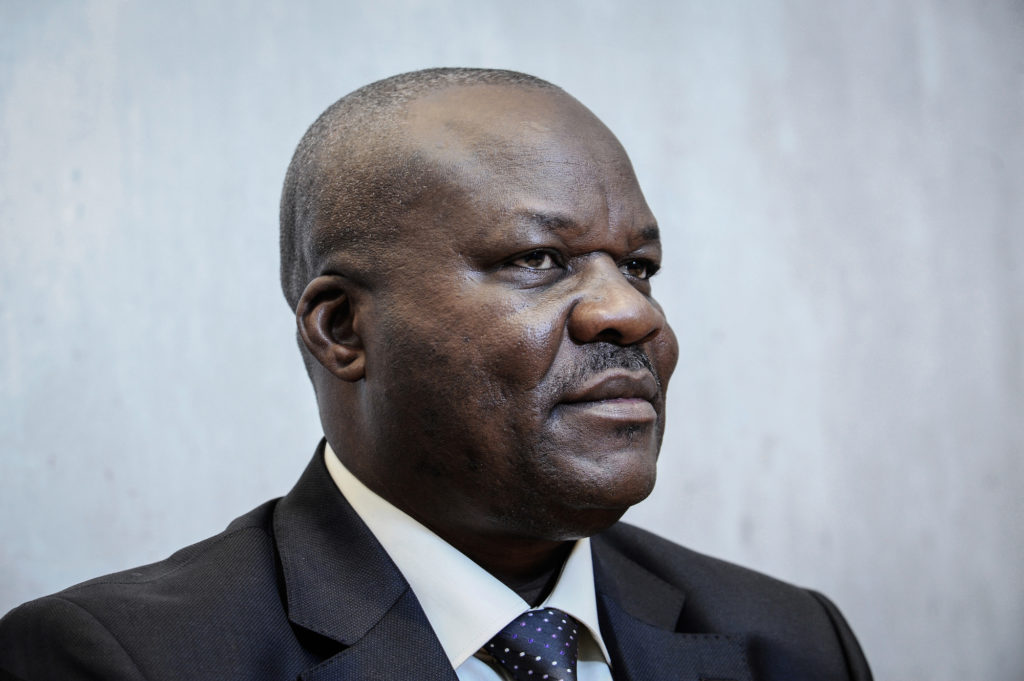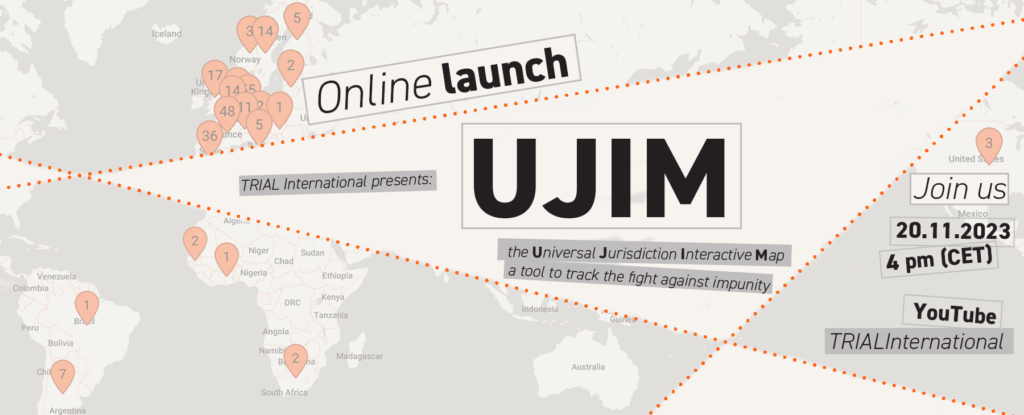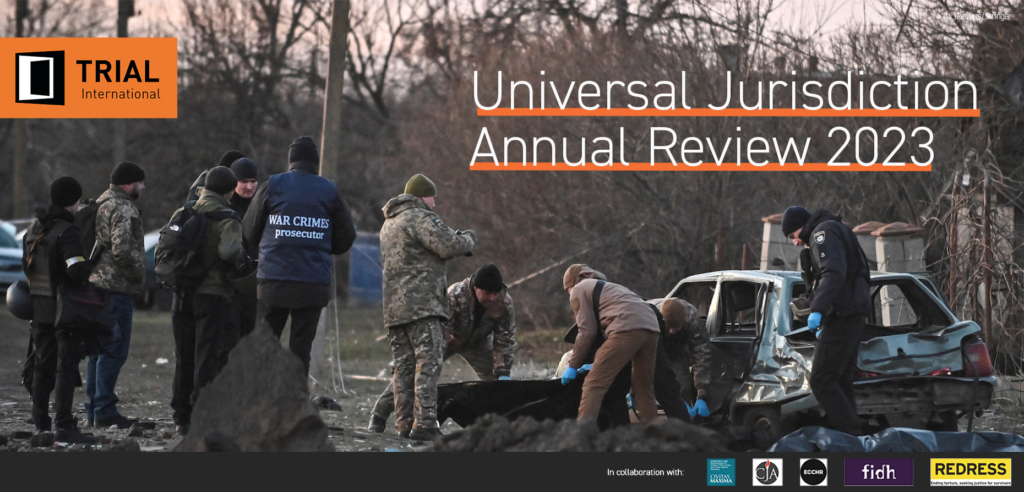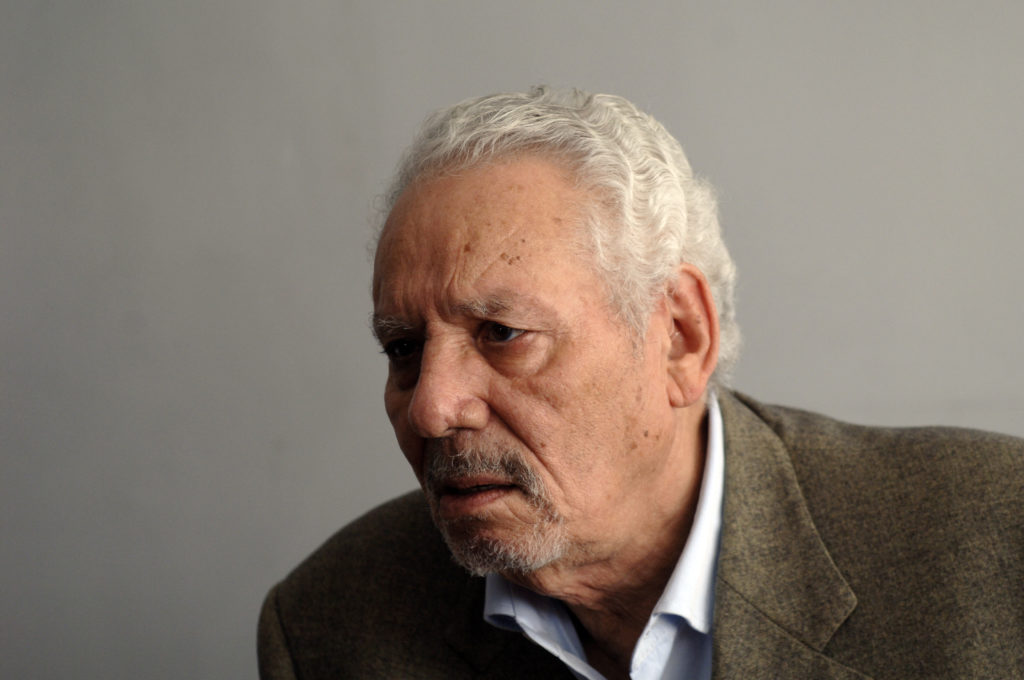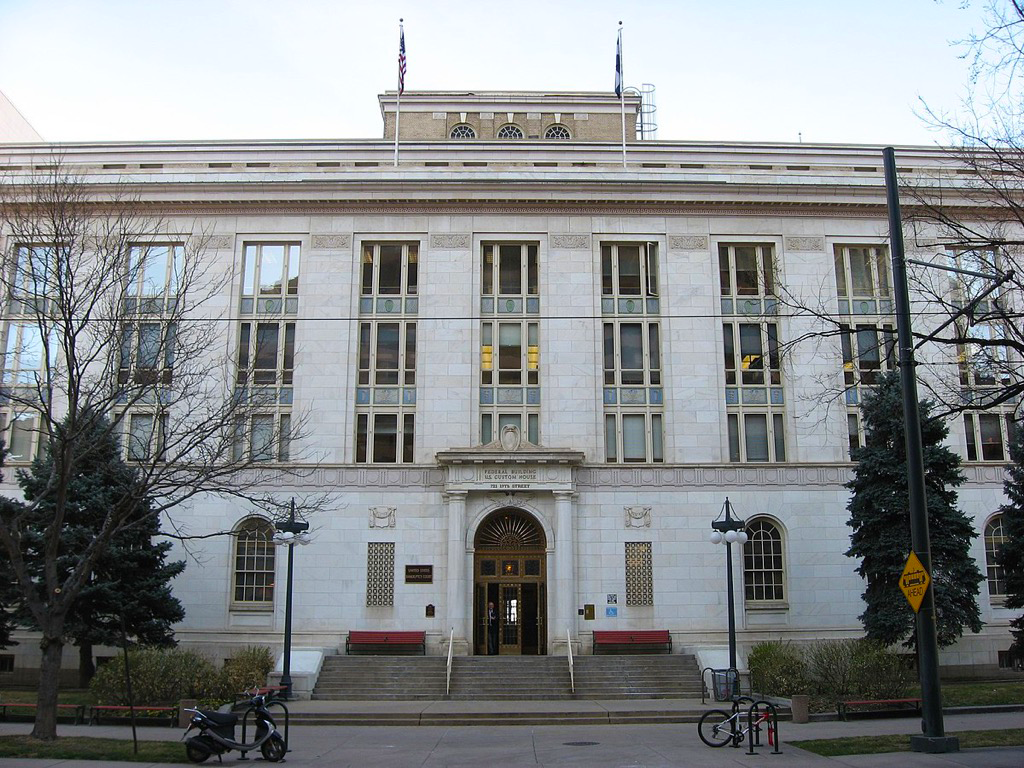Accountability for Enforced Disappearances in Belarus: Former member of President Lukashenka’s elite hit squad brought before a Swiss Court
(St. Gallen, Paris, Minsk, Geneva, 30 August 2023) – Yuri Harauski, former member of President Aliaksandr Lukashenka’s SOBR unit will stand before a criminal court in St. Gallen, Switzerland on 19-20 September 2023. He is accused of having participated in the enforced disappearances of three major political opponents in 1999. The proceeding follows the criminal claims by relatives of two of the victims and is supported by FIDH, TRIAL International and Viasna, which concurrently filed a criminal complaint.
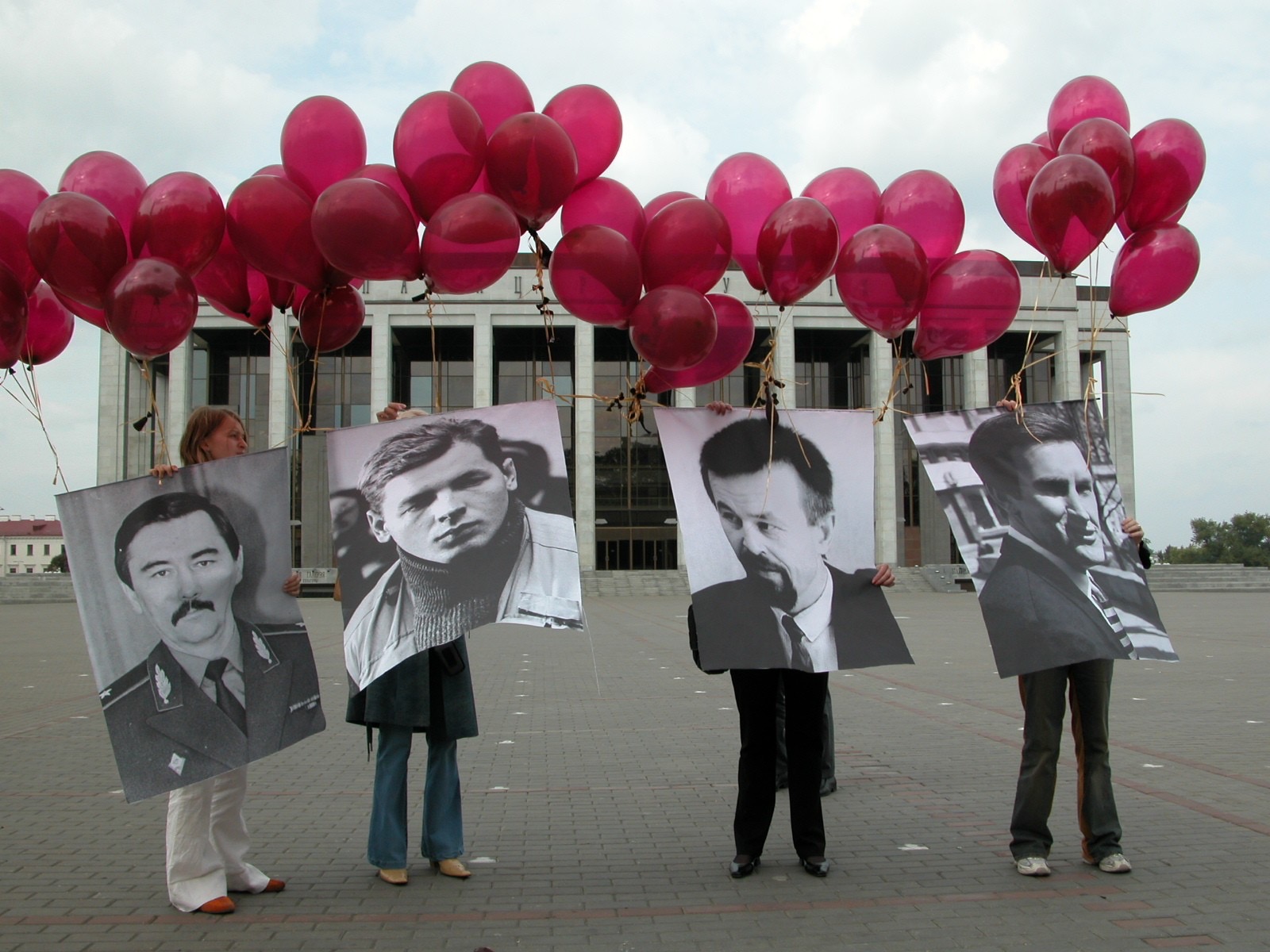 Yuri Harauski, will be held to account for the enforced disappearances of Yury Zakharenka, Viktar Hanchar and Anatoly Krasouski, which took place in 1999 in Belarus.
Yuri Harauski, will be held to account for the enforced disappearances of Yury Zakharenka, Viktar Hanchar and Anatoly Krasouski, which took place in 1999 in Belarus.
The case is groundbreaking: for the very first time, a Belarusian national stands trial for enforced disappearance on the basis of universal jurisdiction. It is also the first application of the specific provision criminalizing this offense in Switzerland. The trial is scheduled to take place on 19 and 20 September 2023.
“With this first ever prosecution of an alleged member of Lukashenka’s hit squad we are sending a strong signal. Justice for international crimes can and will be delivered, regardless of state borders or time elapsed since the crimes have been committed”, said Pavel Sapelko, lawyer of Viasna. “The principle of universal jurisdiction is becoming firmly and crucially entrenched in our judicial systems. Step by step, we are making impunity impossible for international criminals.”
Disappearances of Lukashenka’s political opponents
Between May and September 1999, in Minsk, several leading figures of the opposition disappeared: Yury Zakharenka, former Minister of Interior; Viktar Hanchar, former Deputy Prime Minister during the early years of Lukashenka’s presidency, and Anatoly Krasouski, a businessman and close friend of Hanchar. The families of the victims made numerous attempts to obtain information on the whereabouts of their relatives. However, law enforcement authorities in Belarus systematically refused to prosecute perpetrators and to hold them accountable.
Universal jurisdiction counteracts years of fruitless attempts to obtain justice
“This case marks a decisive step forward in the fight against impunity for the crimes committed in Belarus,” said Severin Walz, the attorney at law representing the victims’ relatives. “My clients’ greatest hope is to obtain certainty about the fate of their fathers through a judgment delivered by a due judicial proceeding.”
“This trial will be historic. It further paves the way to universal jurisdiction as a concrete reality,” said Vony Rambolamanana, Senior Legal Advisor at TRIAL International. “This case will set a precedent. The prosecution of such crimes in Switzerland will serve as an example worldwide.”
A turning point for Belarus?
In Belarus, political opponents, human rights activists, lawyers, journalists and other ordinary citizens are arrested, detained on political grounds and deprived of their fundamental rights.
The recent conviction of Viasna human rights defenders, including 2022 Peace Nobel Prize Laureate Alès Bialiatski, comes in retaliation for 25 years of their human rights work in Belarus.
“This could be a watershed moment for international justice for the Belarusian regime’s crimes,” added Ilya Nuzov, head of FIDH’s Eastern Europe and Central Asia desk. “Hurauski’s trial might not only secure a conviction for one of the perpetrators of these heinous crimes; it could also establish facts which could later be used to go after those who had ordered the commission of the crime, including Lukashenka himself.”



